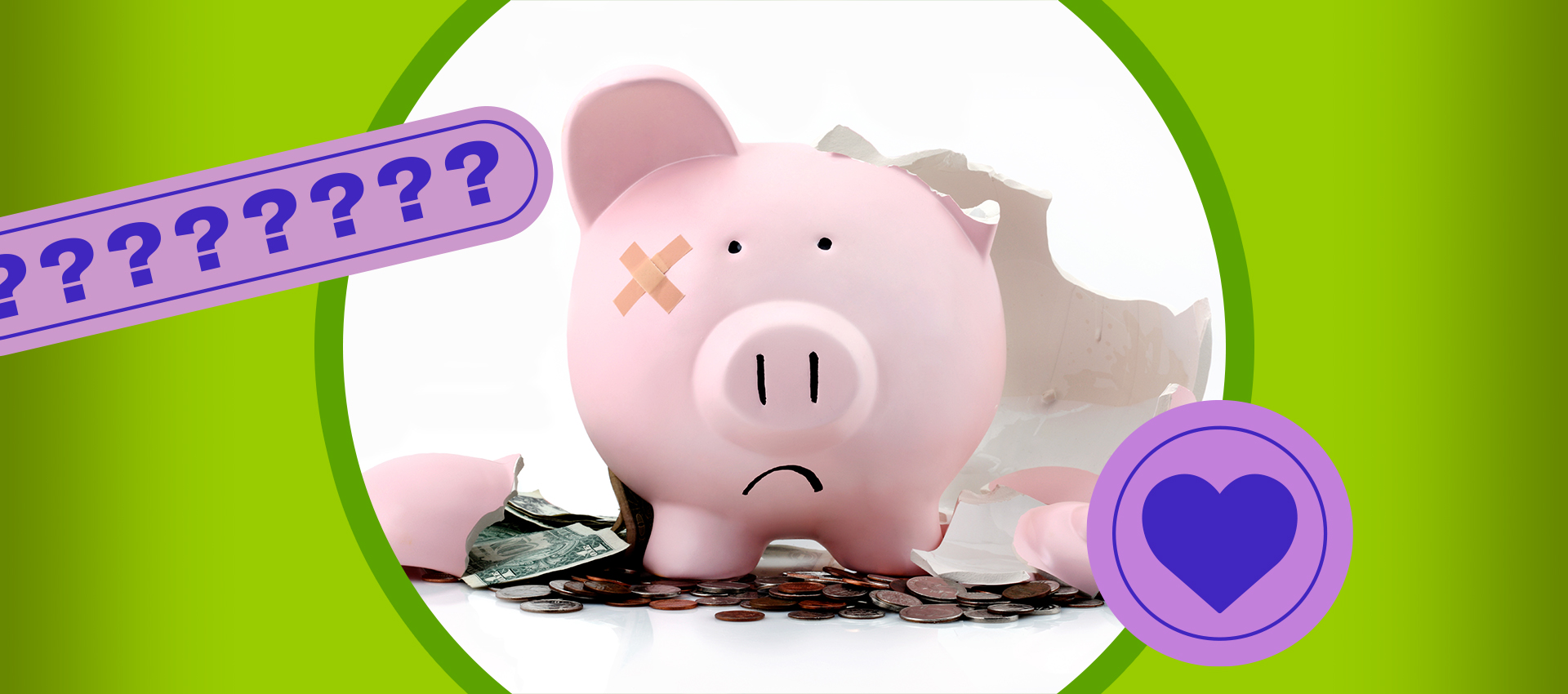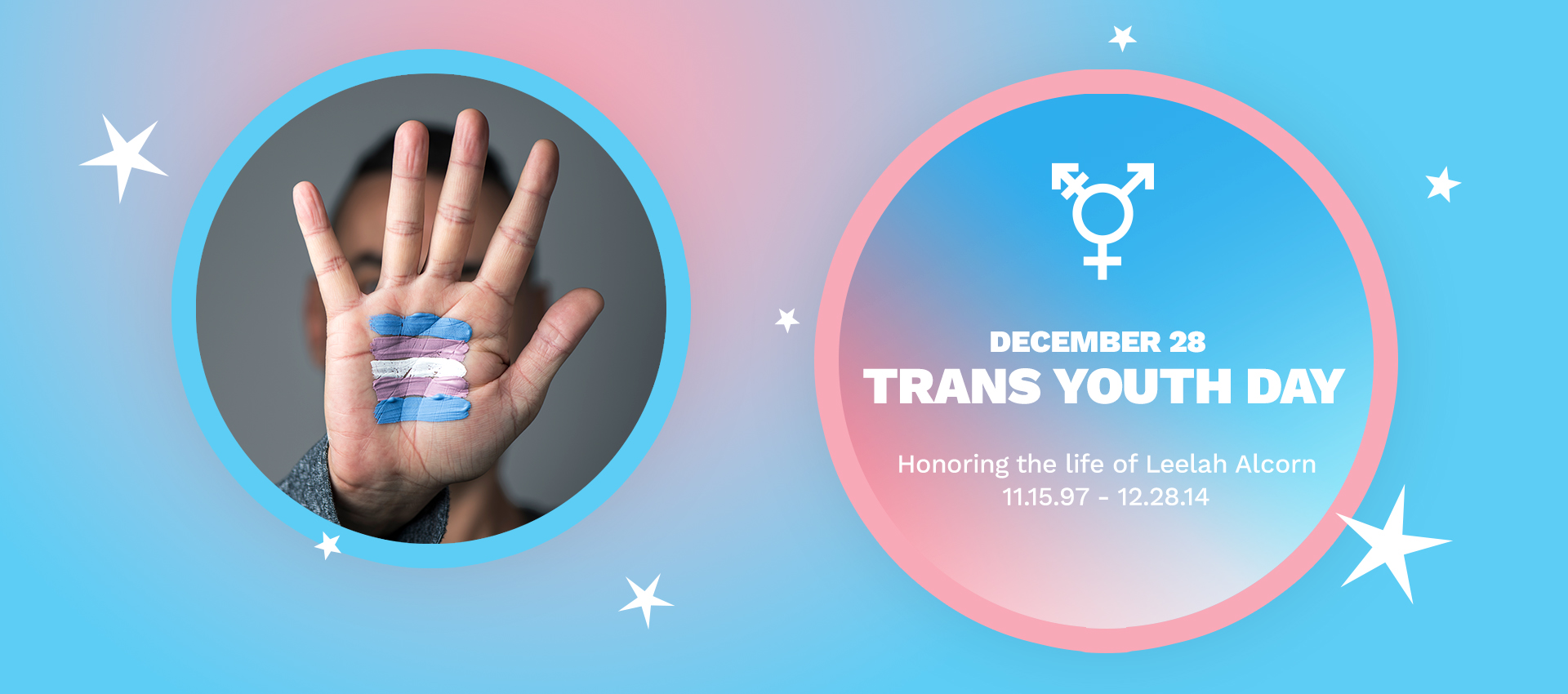Menstrual Hygiene Day is May 28th, and all over the world, many organizations are working hard to raise awareness about the importance of menstrual hygiene. The 28th of May was chosen because the average duration of a menstrual cycle is 28 days and, on average, individuals menstruate for five days per month. So, five days is the fifth month (May), and 28 days is the 28th day.
What is Menstruation?
Menstruation is the process of the body releasing blood and other materials from the lining of the uterus for five to seven days every month. This process begins during puberty and lasts until menopause. When a person is menstruating, it is often referred to as “having a period or “time of the month.” Menstruation will not occur during pregnancy. It is a normal, natural, and healthy part of life. Here are some interesting facts:
- On average, an individual who menstruates will have about 400 periods during their lifetime.
- Around the world, 2.3 billion people lack basic sanitation services to take care of themselves during their period.
- A person’s menstrual cycle typically occurs 14 days after ovulation (when the ovary releases an egg).
- A person’s menstrual cycle can range anywhere from 21 days to 35 days, depending on age and other health factors.
What is Menstrual Hygiene?
Menstrual hygiene or menstrual health are terms that refer to the following:
- The accessibility of menstrual hygiene products.
- The ability to dispose of menstrual products.
- The ability to change menstrual products safely.
- The accessibility of soap and clean water for washing your body.
Menstrual hygiene includes a broader component of the health and well-being of individuals that menstruate, including gender equality, education, equity, and empowerment.
Importance of Menstrual Hygiene Day
Unfortunately, millions of individuals who menstruate cannot manage their menstrual cycle in a healthy and respectable way. All around the world, many individuals face stigma and harassment for menstruating. This is especially true for transgender men and non-binary people who experience gender identity discrimination. In addition, not everyone has access to sanitary products, clean water, and toilets. We need to break the silence and increase awareness about menstrual hygiene to overcome these barriers.
Understanding menstrual hygiene and learning about your body is crucial. It’s important to promote good menstrual health for everyone and help reduce the stigma. Take control of your body and find a healthcare provider near you!



